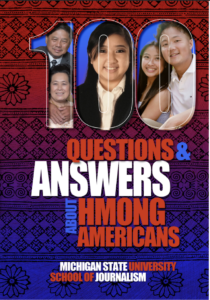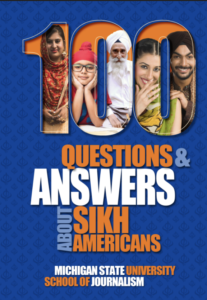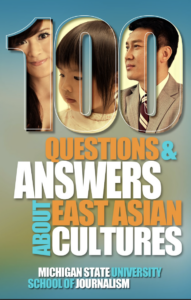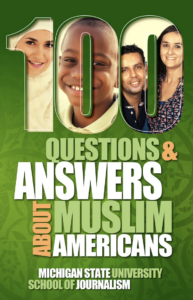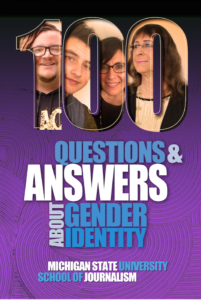What are the odds?
An immigrant in Oregon wins a $1.3 billion Powerball pot and people hear about his little known ethnicity.
Cheng “Charlie” Saephan, came from Southeast Asia part of the refugee exodus that sprang from the U.S. CIA’s “Secret War” against the Vietnamese.
Saephan accepted his super-sized check this month wearing a blue sash that said “Iu-Mien USA,” his ethnicity.
Iu-Mien (you MEE’-en) people are a hill tribe with origins in China. They are one of several groups secretly recruited by the U.S. military and the CIA to keep Vietnam from falling under Communist control.
Saephan, 46, did not fight in that covert operation, which ended in 1975 when the United States left the Vietnam War as flights to safety in the United States and other places began. Saephen was born in Laos and taken to Thailand before coming to the United States.
More widely known for their role in the Secret War are Hmong people. Sometimes, Hmong people are incorrectly referred to as Mien.
The two groups have linguistic similarities, such as a tonal, monosyllabic language, and some similar beliefs. Neither has a true homeland, and they share the experience of having fought on the losing side in a place where the fighting made it impossible for them to stay.
Hmong people who resettled in the United States are concentrated in Wisconsin, Minnesota, California, Michigan and North Carolina.
The latest Michigan State University cultural competence guide, “100 Questions and Answers About Hmong Americans: Secret No More” will be published soon and become available on Amazon.

